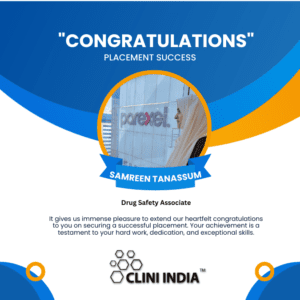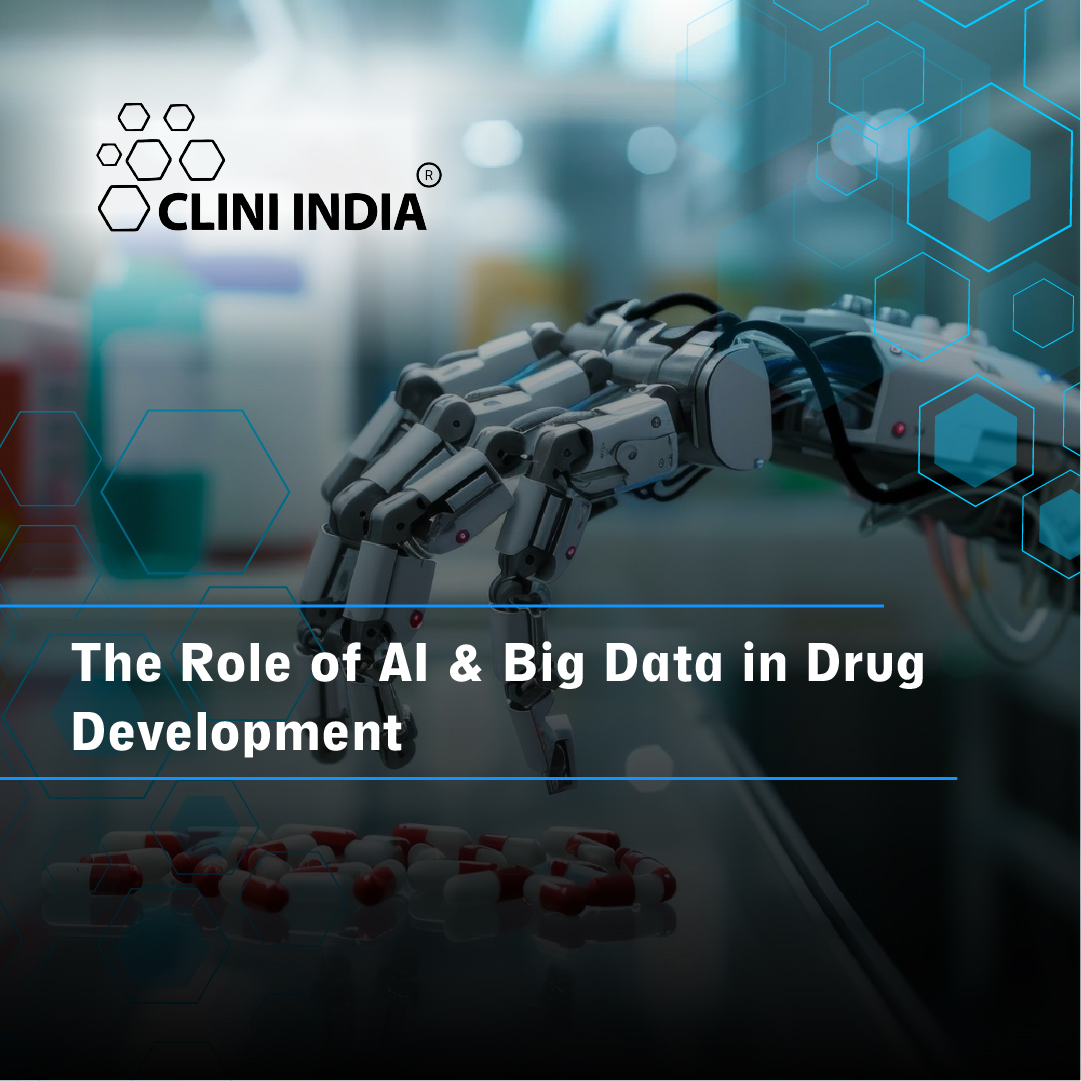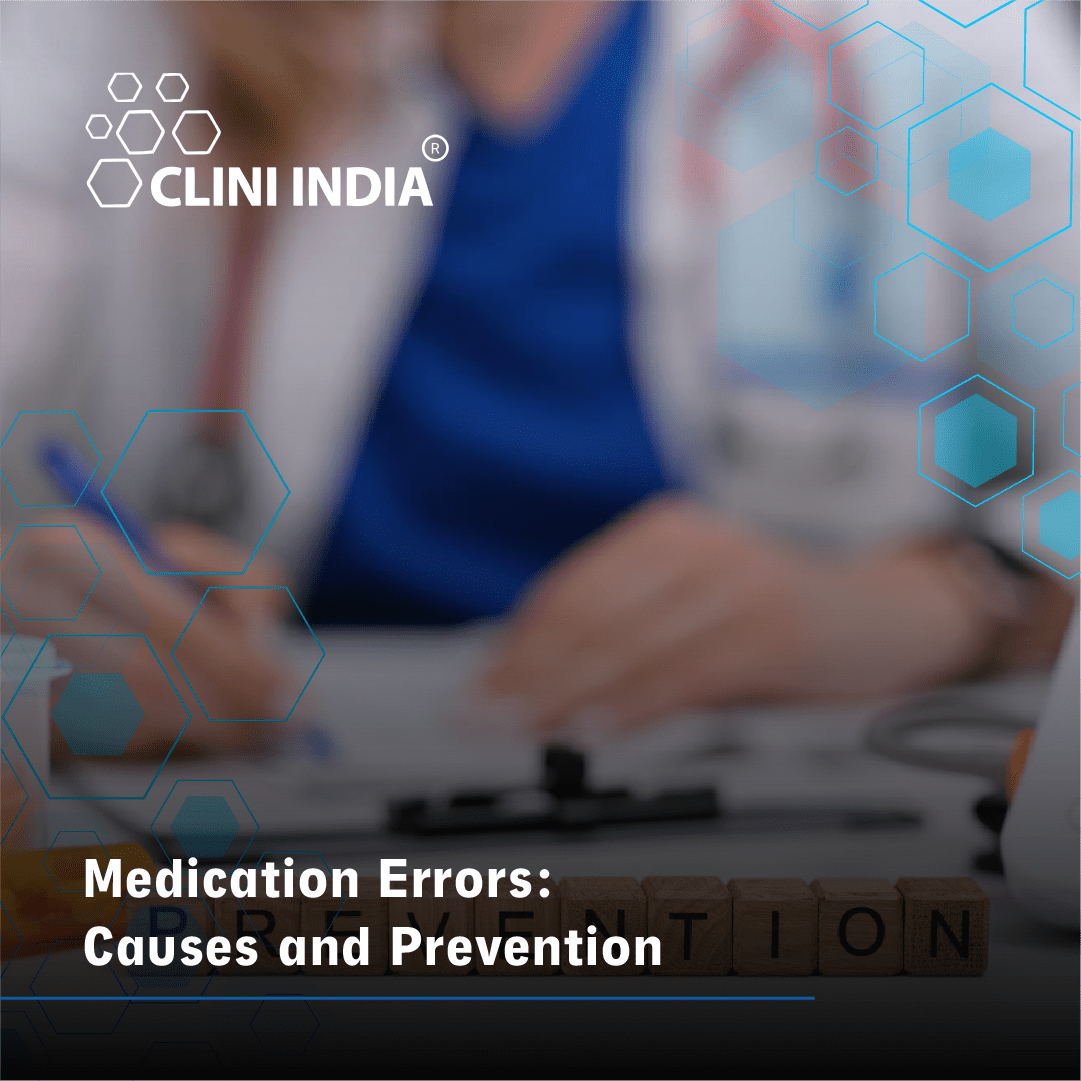
The Impact of COVID-19 on the Pharmaceutical Industry
The COVID-19 pandemic has reshaped the global pharmaceutical industry, bringing both challenges and opportunities. As the world battled an unprecedented health crisis, pharmaceutical companies were at the forefront, developing vaccines, treatments, and innovative healthcare solutions at an accelerated pace. The pandemic has not only transformed drug development and regulatory processes but also highlighted the importance of supply chain resilience and digital transformation in the industry.
Accelerated Drug Development and Vaccine Innovation
One of the most significant impacts of COVID-19 on the pharmaceutical industry was the rapid development of vaccines. Traditional vaccine development takes years, but COVID-19 vaccines were developed, tested, and distributed within months. This was made possible due to:
- Advancements in mRNA technology: Pfizer-BioNTech and Moderna successfully introduced mRNA vaccines, revolutionizing vaccine development.
- Global collaboration: Governments, research institutions, and pharmaceutical companies collaborated like never before.
- Regulatory flexibility: Emergency Use Authorizations (EUAs) allowed vaccines to be distributed faster while ensuring safety and efficacy.
Supply Chain Disruptions and Adaptations
The pandemic exposed vulnerabilities in global pharmaceutical supply chains, causing shortages of essential drugs and raw materials. Factors such as border closures, lockdowns, and reliance on a few manufacturing hubs led to disruptions. In response, the industry adapted by:
- Diversifying supply chains to reduce dependence on specific countries.
- Increasing local production of critical raw materials and active pharmaceutical ingredients (APIs).
- Adopting digital supply chain management for better monitoring and forecasting.
Rise of Digital Health and Telemedicine
With social distancing measures in place, the pharmaceutical industry embraced digital transformation. Key developments included:
- Telemedicine boom: Patients and healthcare providers increasingly relied on virtual consultations, driving demand for digital health solutions.
- AI-driven drug discovery: Artificial Intelligence (AI) played a crucial role in identifying potential drug candidates and optimizing clinical trials.
- Real-world data utilization: Pharmaceutical companies leveraged real-world evidence (RWE) to accelerate research and regulatory approvals.
Challenges in Clinical Trials and Regulatory Approvals
COVID-19 disrupted ongoing clinical trials, delaying drug development for various diseases. However, regulatory agencies adapted by:
- Allowing remote patient monitoring to ensure trial continuity.
- Implementing fast-track approvals for critical treatments and vaccines.
- Encouraging decentralized clinical trials to improve patient recruitment and retention.
Future Outlook: A More Resilient and Innovative Industry
The lessons learned during the pandemic are shaping the future of the pharmaceutical industry. Moving forward, we can expect:
- Increased investment in vaccine research to prepare for future pandemics.
- Stronger supply chain resilience with a focus on local manufacturing.
- Greater adoption of AI and Big Data for drug development and personalized medicine.
- Ongoing regulatory evolution to balance speed and safety in drug approvals.
The COVID-19 pandemic has left a lasting impact on the pharmaceutical industry, driving innovation, collaboration, and resilience. While challenges remain, the industry has emerged stronger, better equipped to handle future health crises, and more committed to advancing global healthcare solutions.


























































